Description
Fenbendazole: Uses, Benefits, Dosage, and Safety
What Is Fenbendazole?
Fenbendazole is a broad-spectrum benzimidazole anthelmintic (dewormer) commonly used to treat parasitic infections in animals, including dogs, cats, horses, and livestock. It effectively targets a wide range of gastrointestinal parasites, such as roundworms, hookworms, whipworms, and some tapeworms.
Recently, Fenbendazole has gained interest for potential off-label uses, particularly in cancer research. While early studies and anecdotal reports show promise, more scientific research is needed to confirm these findings.
Key Benefits of Fenbendazole
-
✅ Broad-Spectrum Dewormer: Kills and controls a variety of internal parasites.
-
✅ Safe for Pets: When used as directed, Fenbendazole has a high safety margin.
-
✅ Cost-Effective: Affordable compared to many other anthelmintic medications.
-
✅ Easy Administration: Available in granules, tablets, and suspensions for flexible dosing.
Common Uses of Fenbendazole
-
Veterinary Deworming: Used routinely by veterinarians for dogs, cats, cattle, goats, sheep, horses, and even exotic animals.
-
Parasitic Control in Livestock: Ensures healthy growth and productivity by controlling intestinal parasites.
-
Research in Human Health: Being explored for potential anti-cancer properties, particularly as part of alternative or adjunctive therapies.
⚠️ Important Note: Fenbendazole is not currently approved for human use by the FDA. Consult a healthcare professional before considering any off-label use.
Fenbendazole Dosage Guide
Dosage varies depending on the animal species, weight, and purpose of treatment. Below is a general guideline (always consult a veterinarian for specific recommendations):
-
Dogs: 22.7 mg/lb (50 mg/kg) once daily for 3 consecutive days.
-
Cats: Off-label use; consult a vet.
-
Cattle/Sheep/Goats: Varies by weight and species.
-
Horses: Typically 5 mg/kg body weight.
Side Effects & Safety
Fenbendazole is generally well-tolerated, but potential side effects may include:
-
Mild diarrhea
-
Vomiting (rare)
-
Loss of appetite (rare)
It’s safe for pregnant animals when used as directed. Always follow dosing instructions and consult a vet if unusual symptoms occur.
Fenbendazole and Cancer: What You Should Know
Fenbendazole has been discussed in some alternative medicine communities for its possible role in cancer treatment. Early lab studies suggest it may inhibit cancer cell growth through microtubule disruption. However, there is currently no conclusive scientific evidence or FDA approval for its use in treating cancer in humans.

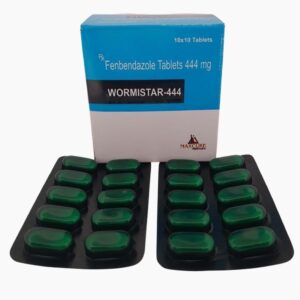
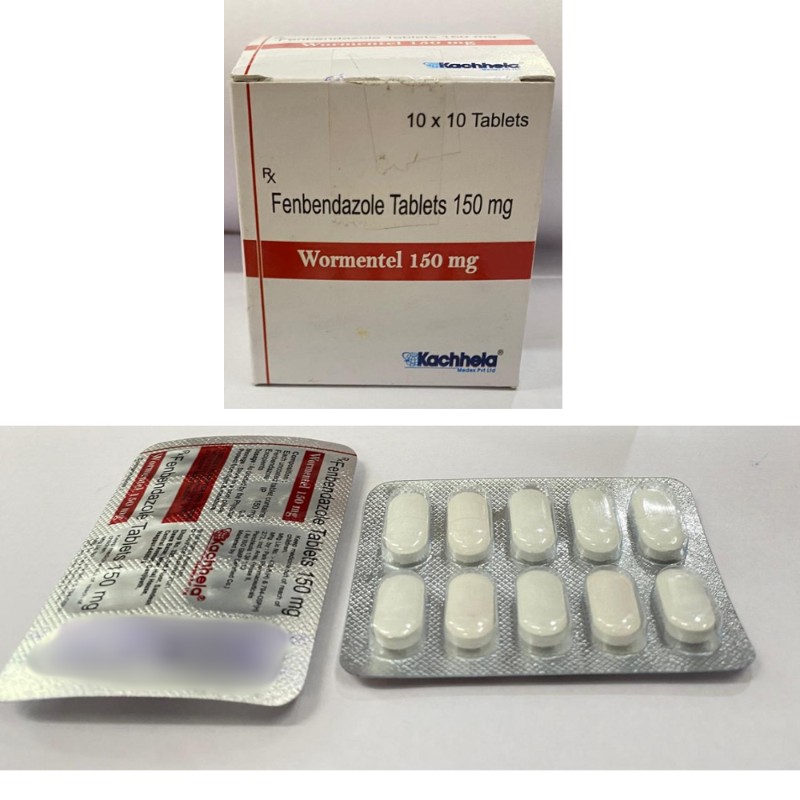
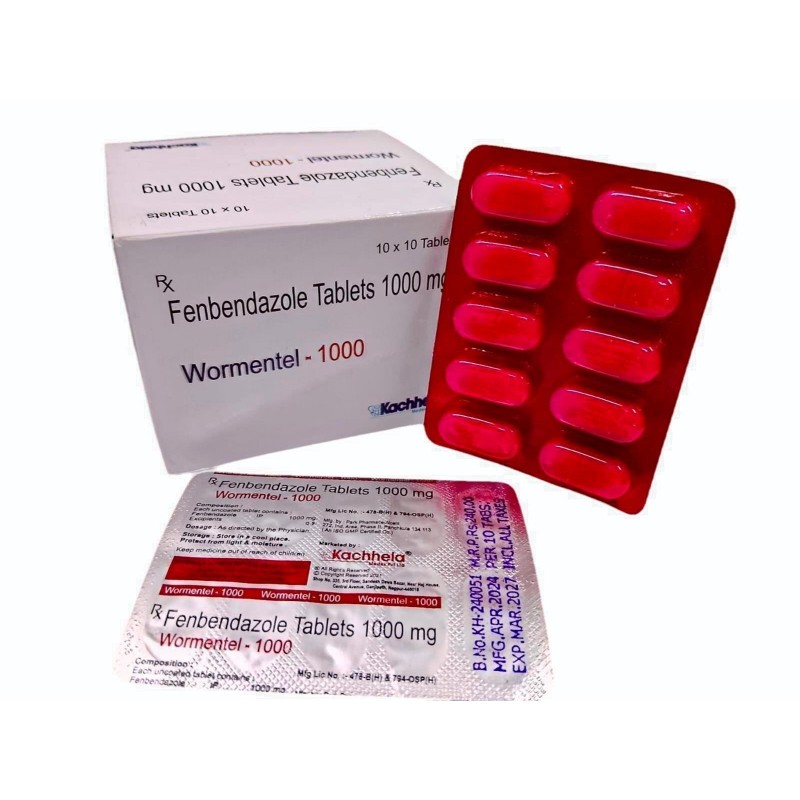
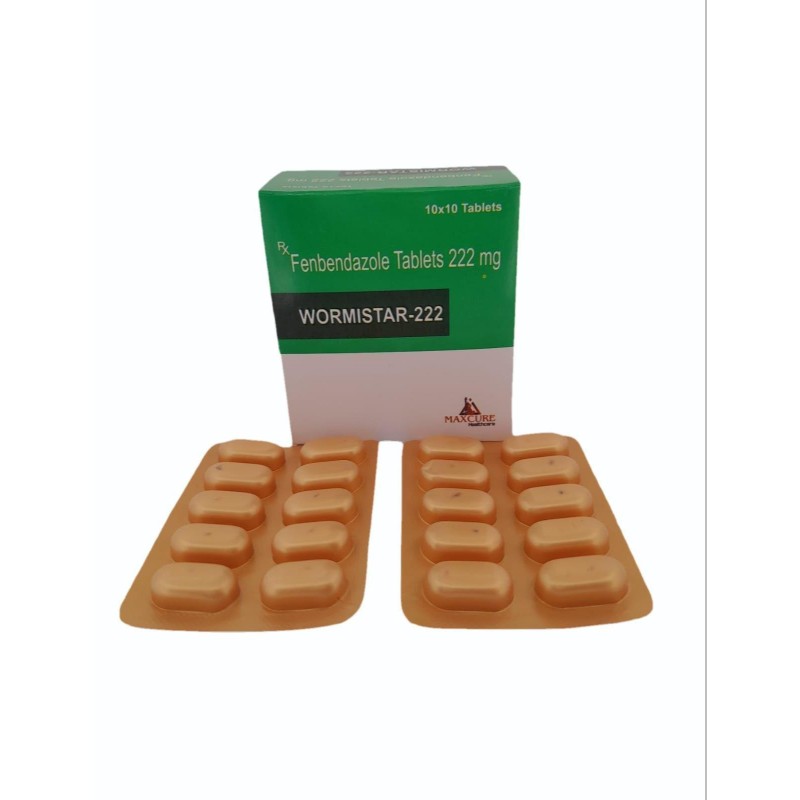
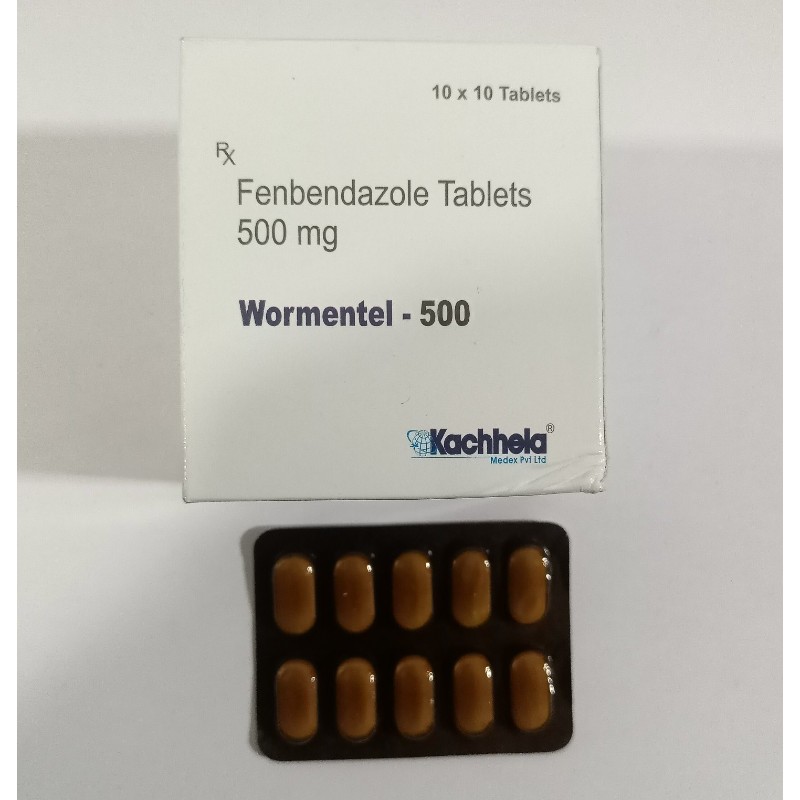
Reviews
There are no reviews yet.